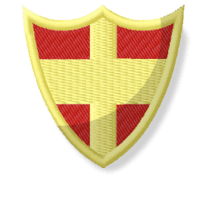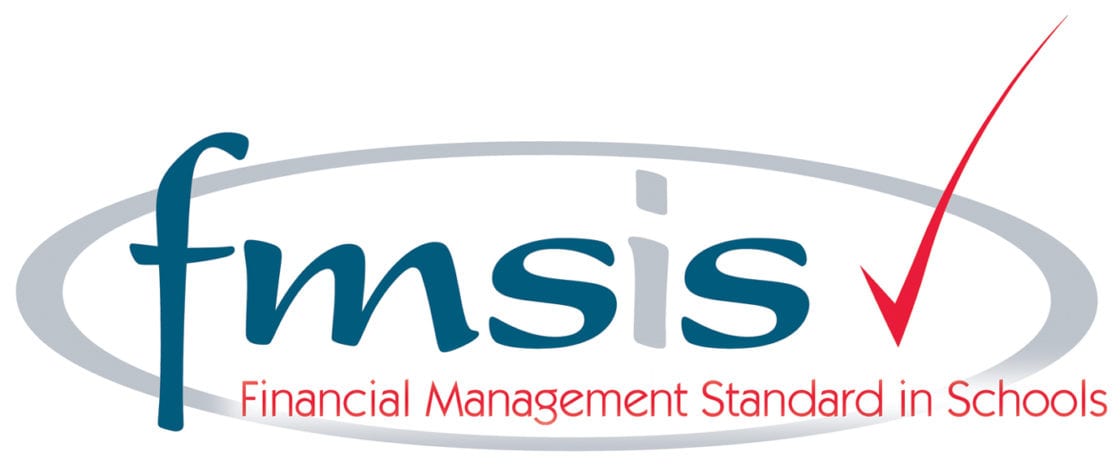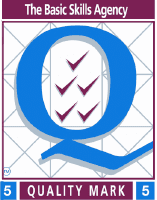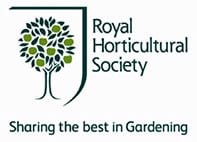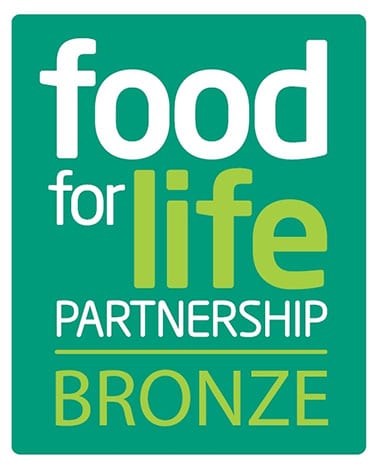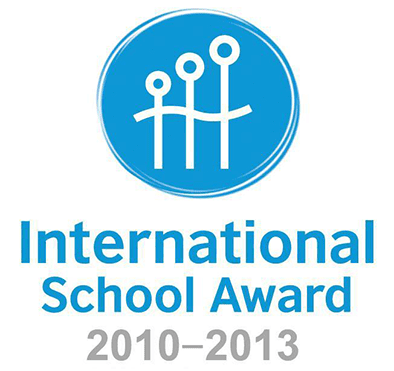Speaking and Listening, Phonics, Reading and Writing
Speaking and Listening:
At St. Joseph’s Catholic Primary School we regard ‘Speaking and Listening’ skills as essential to children’s development. These skills are life skills and in a school context they are fundamental to enable children to access the curriculum. Developing the ability to articulate oneself and communicate effectively is essential to becoming a collaborative individual, thus we greatly value these skills throughout the school.
We aim to engage children in stimulating conversations that increase their vocabulary and encourage them to become active listeners. Speaking and listening skills development is embedded across the curriculum. Children learn speaking and listening skills through role play, presentations, think-pair-share activities, group learning tasks, discussions and debate.
Phonics:
Phonics at St Joseph’s follows the Little Wandle Letters and Sounds programme. Phonics is taught as a discrete lesson daily within EYFS and Key Stage One and it is integrated into lessons throughout the school day. Children are taught within their class cohort and they follow the phonics programme together, however those who require further practise are provided with smaller group sessions too. Throughout Key Stage Two the teaching of phonics will continue as deemed necessary and in line with each child’s stage of development with the expectation that all children will become fluent readers secure in recognition, decoding as well as understanding and inference.
Reading:
Reading is also a skill that supports children’s learning across the whole curriculum. At St. Joseph’s we strive to ensure that our children are taught to read with fluency, accuracy and understanding so that when they read to audiences they read with confidence and an understanding of the text. We ensure that there is a range of good quality reading materials available (fiction, non-fiction, magazines, poetry, play script) so that children can immerse themselves and develop an interest in reading. Across the school our reading scheme consists of a range of schemes which are built into our ‘banded reading’ resources. Reading is taught through a variety of strategies such as one-to-one reading, guided reading, class novels, whole class shared reading, story time and group comprehension work.
‘Reading is the gateway skill that makes all other learning possible’ Barack Obama.
Reading is important, because if you can read, you can learn anything about everything and everything about anything. —Tomie dePaola
Whenever you read a good book, somewhere in the world a door opens to allow in more light. —Vera Nazarian
It is not enough to simply teach children to read; we have to give them something worth reading. Something that will stretch their imaginations—something that will help them make sense of their own lives and encourage them to reach out toward people whose lives are quite different from their own. —Katherine Patterson
Home reading books are provided at the appropriate level until children become fluent readers. The school endeavours to provide a variety of text types and genres to engage each individual child.
Writing:
At St. Joseph’s we aim to encourage our children to become independent and creative writers who are well-motivated and who engage in writing for different purposes. Across the school we aim to teach children writing skills to express themselves through a variety of styles and genres. Children are taught to write effectively and coherently to engage differing audiences. We refer to a text rich environment, models of different genres to stimulate creativity and imagination and we explore expanding vocabulary and using writing techniques.
Teaching writing is carefully planned and structured. Children are initially introduced to writing through everyday writing experiences such as writing lists, labelling and caption writing and these purposes develop further using the children’s interests to structure writing skill development. As children transition into the national curriculum, they further explore purposeful writing and identify reasons for writing; audience, structure, style and vocabulary. Exploration leads to modelling and planning ensuring children develop a firm understanding of the writing process. Opportunities are provided for reflection, proof-reading, sharing and editing – this is encouraged from the youngest children to the oldest.
Writing is displayed and celebrated throughout the school and teachers encourage children to become independent writers who are proud of their writing and are able to draft and edit their work to a high standard.
